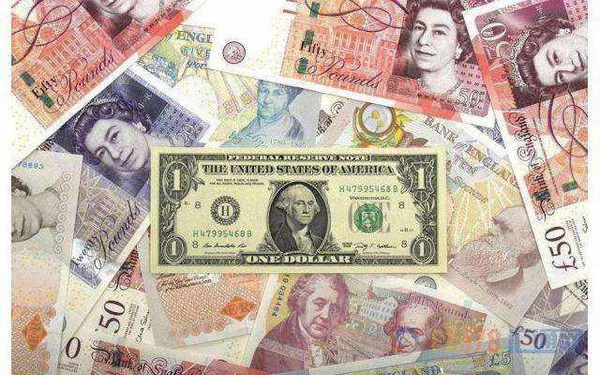The British pound (GBP) and the Indian rupee (INR) are two of the most actively traded currencies in the foreign exchange market. As a result, it is common for individuals and businesses alike to keep track of the GBP rate in INR. In this comprehensive guide, we will explore what affects the GBP/INR exchange rate, how to check the current rate, and what factors may influence its future movements.
Understanding the GBP/INR Exchange Rate
The GBP/INR exchange rate represents the value of one British pound in Indian rupees. The rate fluctuates continuously depending on various economic and geopolitical factors. For instance, if demand for the pound increases relative to the rupee, the GBP/INR rate will rise, and vice versa.
As with any currency pair, there are two quoted prices for the GBP/INR rate: the bid price and the ask price. The bid price is the amount that buyers are willing to pay for one pound, while the ask price is the amount that sellers are willing to accept for one pound. The difference between these two prices is known as the spread, and it represents the cost of trading the GBP/INR pair.
Factors That Affect the GBP/INR Exchange Rate
Several factors can affect the GBP/INR exchange rate, including:
1. Economic Data:
Economic data releases such as inflation rates, GDP growth figures, and employment reports can all impact the exchange rate. For example, if the UK economy is growing faster than expected, demand for the pound may increase, causing the GBP/INR rate to rise.
2. Political Events:
Political events such as elections, referendums, and government policy changes can also have an impact on the exchange rate. Brexit, for instance, led to significant fluctuations in the GBP/INR rate as investors grappled with the uncertainty surrounding the UK’s future relationship with the European Union.
3. Central Bank Policies:
Decisions made by central banks, such as changes in interest rates or monetary policy, can affect currency values. If the Bank of England raises interest rates, for example, this can make holding sterling more attractive to investors, leading to an increase in demand and a rise in the GBP/INR rate.
4. Market Sentiment:
Lastly, market sentiment can also play a role in determining the exchange rate. If investors are optimistic about the UK economy, they may be willing to pay more for pounds, causing the GBP/INR rate to rise.
How to Check the Current GBP/INR Exchange Rate
There are several ways to check the current GBP/INR exchange rate. One way is to use an online currency converter, which will provide you with up-to-date conversion rates based on real-time market data.
Another option is to check financial news websites, such as Bloomberg or Reuters, which often provide live updates on currency pairs, including the GBP/INR rate. You can also monitor the exchange rate through your bank or broker, who will typically provide real-time quotes for currency pairs.
Factors That May Influence Future GBP/INR Movements
Several factors may influence the future movements of the GBP/INR exchange rate, including:
1. Brexit:
Although Brexit has already taken place, its impact on the UK economy and the GBP/INR exchange rate is likely to continue for some time. The ongoing negotiations between the UK and the EU regarding their future relationship could lead to further volatility.
2. Economic Growth:
Economic growth in both the UK and India will continue to impact the GBP/INR exchange rate. If the UK economy continues to grow at a faster pace than India’s, for example, this could lead to a stronger pound relative to the rupee.
3. Interest Rates:
The Bank of England’s policy decisions regarding interest rates will continue to affect the GBP/INR exchange rate. If the central bank raises rates, this could increase demand for the pound and lead to a higher exchange rate.
4. Political Events:
Political events in both the UK and India could also impact the GBP/INR rate. For example, changes in government policies or elections could lead to increased uncertainty and volatility.
Conclusion
In conclusion, the GBP/INR exchange rate is influenced by a wide range of economic, political, and market factors. While it can be challenging to predict future movements with certainty, keeping track of relevant news and economic data can help individuals and businesses make informed decisions when trading the currency pair. By understanding what drives the GBP/INR exchange rate and how to check the current rate, one can better navigate the foreign exchange market and potentially take advantage of profitable trading opportunities.
Related topics:


